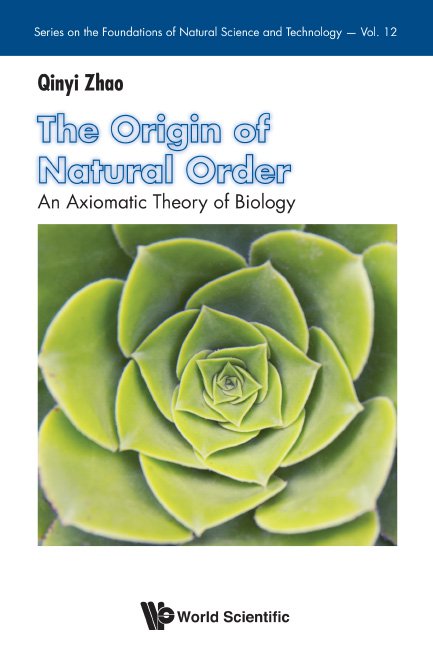System Upgrade on Tue, May 28th, 2024 at 2am (EDT)
Existing users will be able to log into the site and access content. However, E-commerce and registration of new users may not be available for up to 12 hours.For online purchase, please visit us again. Contact us at customercare@wspc.com for any enquiries.
All sorts of biological activities are processed thermodynamically, and at the utmost fundamental level, the laws of biology must be thermodynamics. However, the current laws of thermodynamics are unable to give reasonable explanation of biological processes. In order to do so, irreversible thermodynamics has been theorized to describe the basic mechanism for the origin of natural order or the development of things (related to developmental biology). The scientific definition of the system theory concept has been obtained and the properties of a biological system can be analyzed by applying principles of it. Irreversible thermodynamics and system theory act as the theoretical foundation for theoretical biology. By applying principles of irreversible thermodynamics and system theory, the axiomatic theory of biology has been developed.
Chinese poster of the book (215 KB)
Sample Chapter(s)
Introduction (85 KB)
Chapter 1: The Essence of Irreversible Thermodynamics (180 KB)
Contents:
- Preface
- Introduction
- Physical Foundation:
- The Essence of Irreversible Thermodynamics
- The Origin of Natural Order
- The Developing System and Hierarchical Structure of Things
- Partition Function of a Thermodynamic System
- Dissipative Structure and Thermodynamic Structure Theory
- System Logic and System Theory:
- The Scientific Definition of the System
- Logic Discontinuity and Continuity Between Different Levels of Hierarchical Structure
- System Logic
- Isolating Logic Relationship Between Complex Systems
- Axiomatic Theory of Biology:
- Irreversible Thermodynamic Structure Theory for Protein Folding
- Can We Go from Protein Sequence to Protein Structure?
- Protein Thermodynamic Structure Theory
- General Properties of a Protein
- Protein Conformation
- Dynamic and Thermodynamic Nature of Protein Conformational Change
- Protein Ligand Interaction
- The Receptor Activation and Fashions of Protein Regulation
- The Basic Thermodynamic Principles of Enzyme Catalyzed Reaction
- Protein Conformational Change and Enzyme Activity
- Allodynamic Regulation Model for Enzyme Regulation — A Thermodynamic View
- The Protein Evolution
- A Thermodynamic Model for Bio-signals
- Protein Flexibility as a Biosignal
- Signal Conduction and Neural Conduction
- Signaling Network Theory and System Biology
- Biological Development
- Hybridization and Hybrid Vigor
- Biological Evolution
- Scientific Explanation of Traditional Chinese Medical Theory
Readership: Graduate students, educators, university lecturers in biophysics.
























